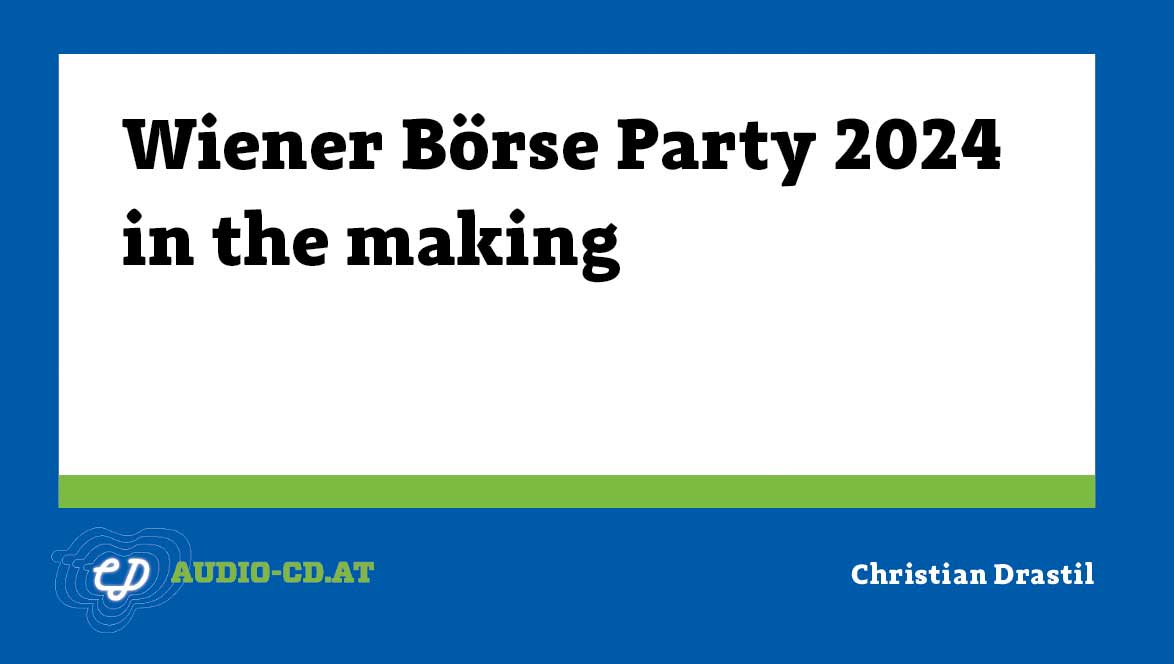 17.07.24
17.07.24
Nach Wimbledon hab ich als Statistik-Nerd ein wenig recherchiert und auf tennis-wetten.eu tolle Sachen gefunden: Die längste Siegesserie gehört Guillermo Vilas (46 Siege), niemand war länger auf Nr. 1 als Novak Djokovic (390 Wochen), der mit 24 auch die meisten Grand Slam Titel gewonnen hat. •Wimbledon Rekordchampion ist Roger Federer (8 Titel), French Open Rekordsieger Rafael Nadal (14 Titel, unpackbar), Australian Open Rekordchampion wieder Novak Djokovic (10 Titel) und US Open Rekordsieger sind Jimmy Connors, Pete Sampras, Roger Federer (je 5 Titel). Es ist wieder Djokovic, der bei den ATP Finals den Rekord hält (7), die meisten Turniersiege holte Jimmy Connors (109 Titel). Spannend auch folgendes: Kürzestes Match: Clavet – Shan bei den Shanghai Open 2001 (25 min), längstes (und wohl legendärstes) Match Isner – Mahut am 22. Juni 2010 (11h 5min). Keine Ahnung hatte ich, dass der härteste Aufschlag vom Schläger von Samuel Groth (263 km/h) kam. Was ich wiederum wusste ist die beste Jahresbilanz: John McEnroe 1984 (82 Siege zu 3 Niederlagen). Big Mac war eine erste grosse Aktivität von mir als Fanboy.
 31.07.24
31.07.24
global market. 7 Monate 2024 sind vorbei und die Wiener Börse hat in diesen sieben Monaten mehr Handelsvolumina verbuchen können als in den ersten 7 Monaten 2023, der Zuwachs ist im einstelligen Prozentbereich, aber immerhin. Auch im früher stark promoteten global market ist es erstmals seit Jahren wieder etwas nach oben gegangen, im Gesamtjahr 2021 lag dort das Jahresvolumen noch bei 5,5 Mrd. (das ist ca. ein Monatsumsatz im Prime Market), 2022 waren es nur noch 1,3 Mrd.. und 2023 gab es sogar den Fall unter die Mrd. Euro. In den ersten sieben Monaten 2024 ist es wieder leicht nach oben gegangen, ob die Mrd. End of Year wieder erreicht werden kann, ist aber unklar. Es gibt zwar im global market günstige Konditionen, aber die Broker stellen Wien bei den internationalen Aktien nicht so in die Pole Position und die Markttiefe könnte natürlich ebenfalls besser sein. Keine einfache Aufgabe, diese wichtigste Aktienfacette im Vienna MTF, denn es geht immerhin um die wichtigsten Aktien der Welt. Ich bin ja der Meinung, dass das Tagesgeschäft viel mehr promotet gehört, davon würde auch der global market profitieren.

 17.07.24
17.07.24





 31.07.24
31.07.24